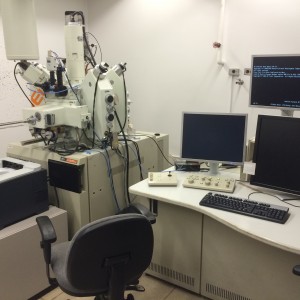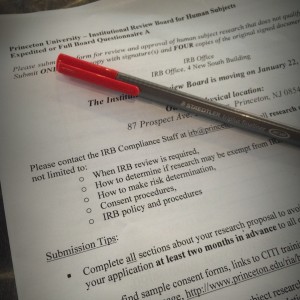
Starting out on the path to research is always exciting. Poring over annals of literature and getting a taste of a mere fraction of the boundless knowledge the Internet and the library have to offer is very satisfying, and sometimes it feels like the stream of productivity and knowledge will last forever.
But what happens when you come to a roadblock? As the semester progresses, things can start to get slow, even feel like they’re coming to a standstill – that one piece of evidence you need to cite your argument just remains elusive, you end up waiting a week for a shipment for equipment you need to run some new experiments (as I currently am). Sometimes, you simply start getting tired of spending endless hours reading, writing, thinking, and then reading and writing again about the same topic. It can be difficult to maintain motivation in the face of those slow-moving moments. Continue reading Stop and Smell the…Citations? Keeping Sharp Even in Stagnation








